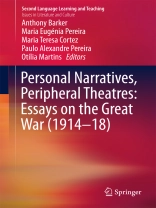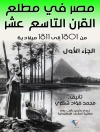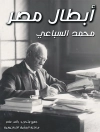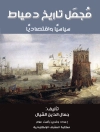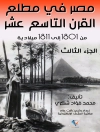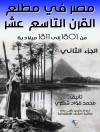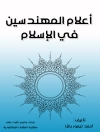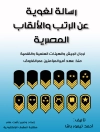This book is a collection of essays on neglected aspects of the Great War. It begins by asking what exactly was so ‘Great’ about it, before turning to individual studies of various aspects of the war. These fall broadly into two categories. Firstly personal, micro-narratives that deal directly with the experience of war, often derived from contemporary interest in diaries and oral histories. Presenting both a close-up view of the viscerality, and the tedium and powerlessness of personal situations, these same narratives also address the effects of the war on hitherto under-regarded groups such as children and animals. Secondly, the authors look at the impact of the course of the war on theatres, often left out in reflections on the main European combatants and therefore not part of the regular iconography of the trenches in places such as Denmark, Canada, India, the Levant, Greece and East Africa.
İçerik tablosu
Leisure and Free Time in the Trenches of Flanders: Américo Olavo’s Account.- Opening the Eyes of Memory: War Painting in Adriano Sousa Lopes and Amadeo de Souza Cardoso.- War Remembered, Nation Imagined: First World War Memoirs of the ‘Portuguese Renaissance’.- An Original Example of Exploring the Inner Self through the Archives of a Diary: André Fontaine, Jean Corentin Carré, the youngest hero of the Great War (1900- 1915-1918).- Speeches and Letters from Enlisting Children (France, 1914-1918).- Ambivalence and Opportunism concerning the Great War in Céline’s Novel Casse-pipe.
